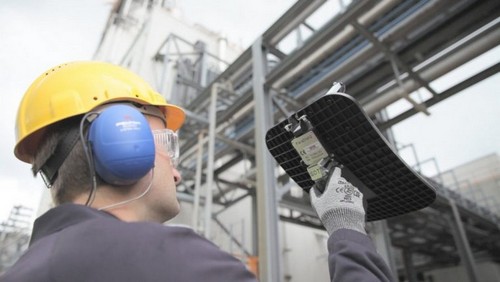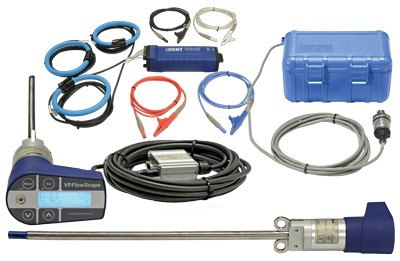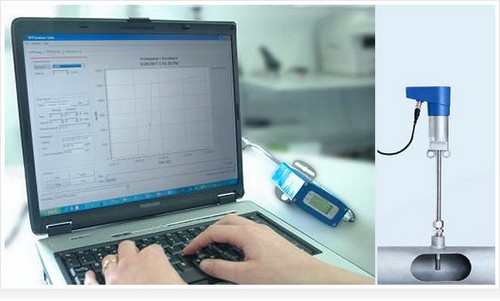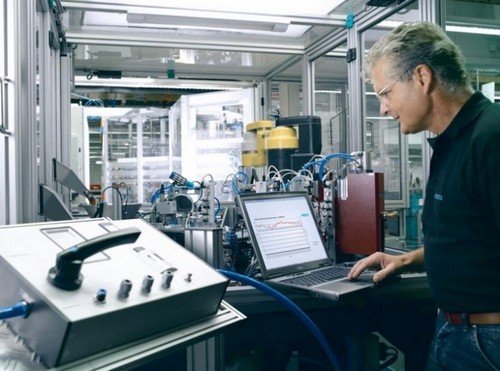 Important aspects of a Compressed air system users should consider below. using an independent auditor to examine their compressed air system. Several firms exist that System Issues specialize in compressed air system audits. System issues go beyond examining the Audits are also performed by electric utilities, performance of an individual compressed air equipment distributors and manufacturers, energy system component and, instead, examine how service companies, and engineering firms. Sparco Engineering don’t only provide the compressed air issues but also the solution to maintain the system.
Important aspects of a Compressed air system users should consider below. using an independent auditor to examine their compressed air system. Several firms exist that System Issues specialize in compressed air system audits. System issues go beyond examining the Audits are also performed by electric utilities, performance of an individual compressed air equipment distributors and manufacturers, energy system component and, instead, examine how service companies, and engineering firms. Sparco Engineering don’t only provide the compressed air issues but also the solution to maintain the system.


Calculating the peak efficiency of a new compressor based system can be done easily by measuring variables such as pressure profile, flow profile and timing strokes to develop a performance baseline. As the system ages, deviations in any of the profiles indicate diminished performance, which can then be investigated and rectified.
“Air quality audits are essential because poor air quality often prevents achieving maximum performance and life span from system devices.”
An air consumption audit is an ideal tool, however, for equipment that’s been in operation for years with no baseline documentation. Although it might not restore a system to like-new condition, it can improve its efficiency. During an audit, a specialist uses measuring equipment and analysis software to inspect a machine in standby, off and running modes. Consumption figures for each mode are compiled and the machine is evaluated on a component-by-component basis.it gives the clear idea how efficient the air dryer system.
 The outcome of an air audit can be significant. Consider the case of a manufacturer of baby diapers that couldn’t determine the reason for a pressure drop in its production system. An air audit revealed the cause to be a clogged air filter. The replacement of a filter led to a 10% increase in system efficiency and provided an illustration of the importance of routine maintenance.
The outcome of an air audit can be significant. Consider the case of a manufacturer of baby diapers that couldn’t determine the reason for a pressure drop in its production system. An air audit revealed the cause to be a clogged air filter. The replacement of a filter led to a 10% increase in system efficiency and provided an illustration of the importance of routine maintenance.
Air quality audits are essential because poor air quality often prevents achieving maximum performance and life span from pneumatic devices. Particulates, oil or water in the compressed air supplied to a machine reduces machine and component life expectancy. The audit guides the efforts to improve air quality. Typically, an outside auditor is best equipped to report on air quality and can give suggestions for improvement.

 Malaysia
Malaysia